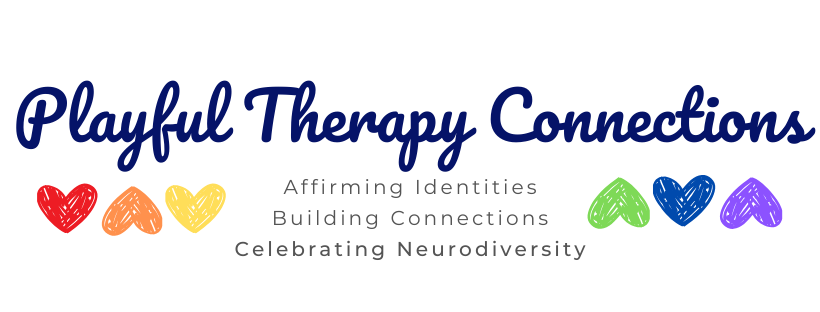Maryland | DC | Virginia | SOUTH CAROLINA | DELAWARE | PSYPACT® STATES
What will individual therapy for my teen look like?
Client concerns addressed
Navigating a Neurotypical world as a Neurodivergent teen
Exploring Autism
Supporting PDA’rs (Persistent Demand for Autonomy / “Pathological” Demand Avoidance)
Managing anxiety / excessive worrying
Supporting a depressed mood
Improving self-esteem & self-compassion
Understanding irritability
Supporting social concerns / friendship building
Understanding meltdowns / emotional dysregulation / big feelings
Managing anger
Understanding behavioral challenges
Exploring ADHD
Navigating the world with learning differences
Navigating being Twice-Exceptional
Supporting coping skills
Supporting family changes / transitions
Navigating grief and loss
Exploring queer/LGBTQIA+ identities
Dealing with general stressors
Developing parenting skills to support your unique teen
Understanding your/your teen’s neurotype, strengths & support needs
what to expect
After completing a free consultation call with our New Client Coordinator, you’ll be matched with a Clinician whose expertise, personality and schedule match your needs.
Next, we’ll schedule your parent(s)/caregiver(s) only intake, which is an opportunity to get to know your Clinician, discuss relevant background information, and begin to explore goals and treatment approaches.
The overall length of treatment will vary based on a number of factors, such as:
Teen’s readiness to engage with the clinician
Length of time concerns have been present
Intensity of concerns/difficulties
Teen’s ability to generalize skills to the world outside the playroom
Caregiver engagement and ongoing support
Support and involvement of other professionals (teachers, psychiatrists, OTs, PTs, SLPs, etc.)
We recommend that you feel comfortable committing to at least 16 sessions, though a course of treatment is often longer for teens.
caregiver involvement
Your clinician is with your child once a week. As a caregiver, the rest of the time is yours! Even teenagers need your support in order to generalize the new skills they’re learning in therapy.
Caregivers should expect regular communication with their teen’s clinician and you are encouraged to ask questions.
Methods of involvement we use often include:
Inviting you to participate in some or all of a session, with your teen’s consent
Co-writing emails to you with your teen
Providing resources (such as links to online articles or podcasts, book suggestions or referrals)
Caregiver-only sessions focused on providing parenting support
WHAT ABOUT CONFIDENTIALITY?
Without a relationship built on trust, your teen is unlikely to feel safe enough to engage in the work of therapy. As such, the right to confidentiality is an essential component of their mental health treatment.
So how do we include caregivers? We ask that you trust us to support your teen in choosing how to include you in ways that maintain their experience of safety within the counseling relationship. When we have caregiver sessions, we will meet you in a spirit of collaboration to listen to your experiences at home, explore general therapeutic themes and offer relevant resources.
We will also explain to your teen that information regarding their safety will be disclosed to their caregivers.
Our intention is for your teen to know that we will hold their inner world in confidence, with care and humility.

